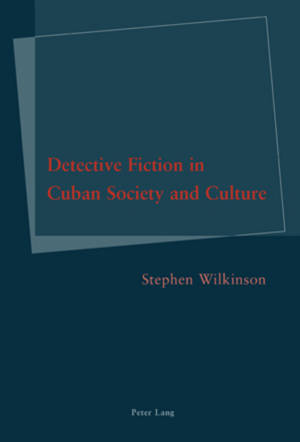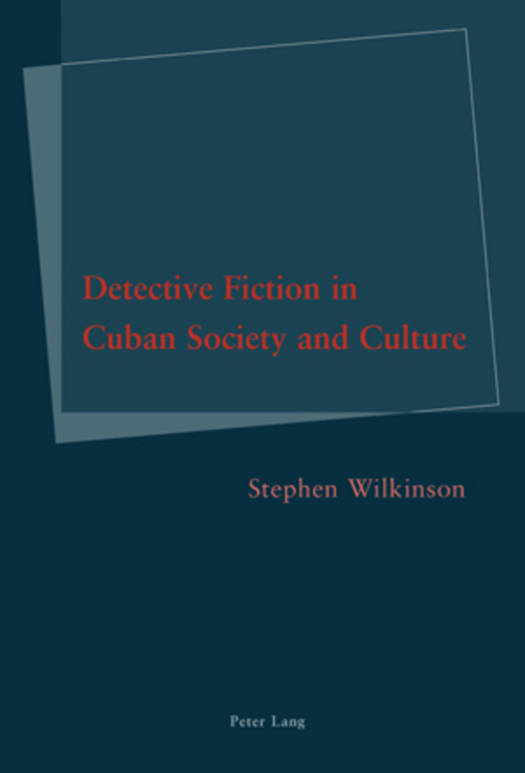
Door een staking bij bpost kan je online bestelling op dit moment iets langer onderweg zijn dan voorzien. Dringend iets nodig? Onze winkels ontvangen jou met open armen!
- Afhalen na 1 uur in een winkel met voorraad
- Gratis thuislevering in België vanaf € 30
- Ruim aanbod met 7 miljoen producten
Door een staking bij bpost kan je online bestelling op dit moment iets langer onderweg zijn dan voorzien. Dringend iets nodig? Onze winkels ontvangen jou met open armen!
- Afhalen na 1 uur in een winkel met voorraad
- Gratis thuislevering in België vanaf € 30
- Ruim aanbod met 7 miljoen producten
Zoeken
€ 68,45
+ 136 punten
Omschrijving
This book examines Cuban society through a study of its detective fiction and more particularly contemporary Cuban society through the novels of the author and critic, Leonardo Padura Fuentes.
The author traces the development of Cuban detective writing in the light of the work of twentieth century Western European literary critics and philosophers including Raymond Williams, Antonio Gramsci, Terry Eagleton, Roland Barthes, Jean Paul Sartre, Michel Foucault, Jean François Lyotard and Jean Baudrillard in order to gain a better understanding of the social and historical context in which this genre emerged.
The analysis includes discussion of the broader philosophical, political and historical issues raised by the Cuban revolution. The book concludes that the study of this popular genre in Cuba is of crucial importance to the scholar who wishes to reach as full an understanding of the social dynamics within that society as possible.
The author traces the development of Cuban detective writing in the light of the work of twentieth century Western European literary critics and philosophers including Raymond Williams, Antonio Gramsci, Terry Eagleton, Roland Barthes, Jean Paul Sartre, Michel Foucault, Jean François Lyotard and Jean Baudrillard in order to gain a better understanding of the social and historical context in which this genre emerged.
The analysis includes discussion of the broader philosophical, political and historical issues raised by the Cuban revolution. The book concludes that the study of this popular genre in Cuba is of crucial importance to the scholar who wishes to reach as full an understanding of the social dynamics within that society as possible.
Specificaties
Betrokkenen
- Auteur(s):
- Uitgeverij:
Inhoud
- Aantal bladzijden:
- 315
- Taal:
- Engels
Eigenschappen
- Productcode (EAN):
- 9783039106981
- Verschijningsdatum:
- 12/07/2006
- Uitvoering:
- Paperback
- Formaat:
- Trade paperback (VS)
- Afmetingen:
- 220 mm x 150 mm
- Gewicht:
- 439 g

Alleen bij Standaard Boekhandel
+ 136 punten op je klantenkaart van Standaard Boekhandel
Beoordelingen
We publiceren alleen reviews die voldoen aan de voorwaarden voor reviews. Bekijk onze voorwaarden voor reviews.











